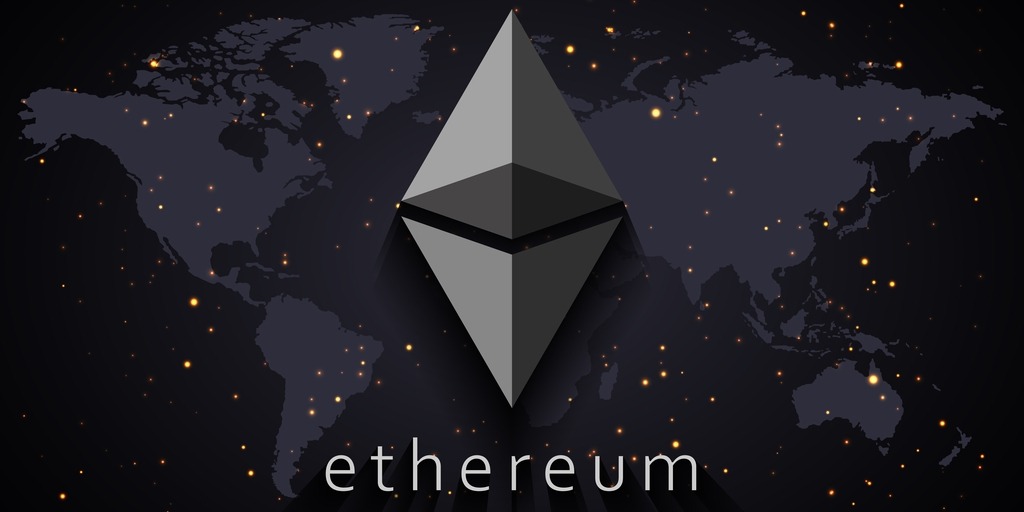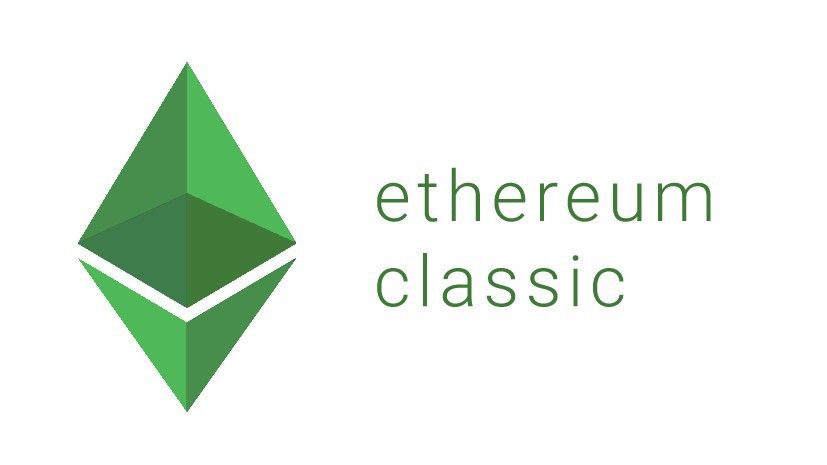Rocket Pool: Best Decentralized Ethereum Staking Pools In 2025
As Ethereum transitions to proof-of-stake (PoS) with the Ethereum 2.0 upgrade, staking has become an essential aspect of securing the network. However, for many participants, the requirements to stake directly on Ethereum can be prohibitive. Rocket Pool offers an innovative solution by creating decentralized Ethereum staking pools that reduce the barriers to entry for users. By decentralizing the staking process and enabling smaller participants to participate in Ethereum staking, Rocket Pool enhances the security and decentralization of the Ethereum network while providing new opportunities for stakers.
This article will examine Rocket Pool’s decentralized staking model, its technical aspects, and the benefits it brings to the Ethereum ecosystem.
Key Highlights
- Decentralized Staking Pools:
Rocket Pool allows users to participate in Ethereum staking through decentralized pools, promoting network security and decentralization. - Reduced Entry Barriers:
Users can stake with as little as 16 ETH instead of the 32 ETH required for running their own validator. - Incentivized Staking:
Rocket Pool incentivizes both node operators and stakers, offering rewards for their participation. - Security:
Rocket Pool’s decentralized approach mitigates risks associated with centralized staking solutions. - Liquid Staking:
Users receive rETH tokens, which can be used as a representation of their staked Ethereum and are tradable or usable in other DeFi protocols.
What is Rocket Pool?
Rocket Pool is a decentralized Ethereum 2.0 staking protocol that allows users to stake their ETH in a decentralized and secure manner. Unlike traditional Ethereum staking, which requires users to lock up a minimum of 32 ETH to run their own validator, Rocket Pool lowers this barrier by pooling smaller amounts of ETH and combining them to form larger staking entities.
At its core, Rocket Pool provides a decentralized staking pool where node operators can rent staking power from smaller stakers, thereby allowing participants to stake less than 32 ETH while still receiving the rewards associated with staking on the Ethereum network.
How Rocket Pool Works
The Rocket Pool staking mechanism is built around a set of smart contracts that enable both stakers and node operators to interact with the Ethereum 2.0 network. The protocol involves two key components:
- Stakers:
- Stakers contribute ETH to the pool to participate in staking.
- They receive rETH tokens, representing their staked ETH, which can be used across DeFi platforms or held as a liquid asset.
- Stakers earn rewards for contributing their ETH to the network, and these rewards are automatically distributed based on their share in the pool.
- Node Operators:
- Node operators are individuals or entities who provide the infrastructure necessary to run Ethereum validators.
- They are responsible for maintaining the nodes that validate transactions on the Ethereum network.
- Node operators are incentivized to participate in the Rocket Pool system through a share of staking rewards and a fee for using the staked ETH.
In a Rocket Pool staking setup, a minimum of 16 ETH is required to run a node. However, by pooling their ETH with others, smaller stakers can participate with as little as 0.01 ETH, which is much more accessible than running a full validator node with 32 ETH.
Staking Process with Rocket Pool
- Stakers contribute ETH to the Rocket Pool staking contract and receive rETH tokens in return.
- Node operators contribute their hardware and infrastructure to run the validator node, ensuring the staked ETH is used to validate Ethereum transactions.
- Validators are selected automatically by Rocket Pool’s decentralized network to participate in the Ethereum 2.0 consensus.
- Rewards are distributed proportionally to both stakers and node operators, with stakers receiving their share in the form of rETH tokens.
- rETH tokens can be used as a liquid asset, enabling stakers to access liquidity without having to un-stake their ETH. These tokens represent a claim to the rewards generated by staking.
Benefits of Rocket Pool
1. Decentralized Staking:
Unlike centralized staking services (such as those offered by exchanges like Binance or Coinbase), Rocket Pool ensures that the Ethereum staking process remains decentralized. By allowing anyone to run a validator node and contribute to the pool, Rocket Pool reduces the risk of centralization that could arise from large entities controlling staking power. This decentralization strengthens the Ethereum network, as more independent operators are involved in validating transactions.
2. Reduced Entry Barriers:
One of the major challenges for individuals who want to stake ETH directly is the high barrier of entry—32 ETH. With Rocket Pool, the barrier is significantly lowered. While node operators need to stake at least 16 ETH to run a validator, stakers can contribute even smaller amounts. This allows a wider range of Ethereum holders to participate in staking, which can enhance the security and decentralization of the Ethereum network.
By lowering the minimum staking requirements, Rocket Pool democratizes access to Ethereum staking, opening it up to retail investors and smaller participants who may not have had the capital to stake a full validator.
3. Liquidity with rETH Tokens:
Rocket Pool’s rETH tokens offer liquidity to stakers who would otherwise be unable to access their staked funds. While ETH in a staking contract is traditionally locked for an extended period, rETH represents a liquid form of staked ETH. Stakers can sell, trade, or use rETH tokens in other decentralized finance (DeFi) protocols, unlocking liquidity without losing out on staking rewards. This innovation is especially beneficial in a space where liquidity is a critical consideration for many participants.
4. Security and Transparency:
By decentralizing the staking process, Rocket Pool increases the overall security and trustworthiness of Ethereum’s proof-of-stake mechanism. Instead of relying on centralized entities that could potentially be vulnerable to regulatory or technical issues, Rocket Pool’s decentralized approach spreads the risk among many independent operators. Furthermore, Rocket Pool’s use of smart contracts ensures that the staking process is transparent and automated, reducing the risk of human error or malicious behavior.
5. Incentivized Participation:
Rocket Pool offers incentives for both node operators and stakers. Node operators earn a portion of the staking rewards for their services in managing the validator infrastructure. At the same time, stakers earn a share of the rewards based on the amount of ETH they contribute to the pool. These incentives encourage the participation of both parties, contributing to the success and growth of the network.
How Rocket Pool Supports Ethereum’s Ecosystem
- Scalability and Security:
Rocket Pool’s decentralized staking model helps Ethereum scale by encouraging more users to participate in the staking process. This increases the overall staked ETH on the network, improving its security and resistance to attacks. The more Ethereum is staked, the harder it is to attack the network, as a significant portion of ETH needs to be controlled by malicious actors to compromise the network. - Increased Decentralization:
The decentralized nature of Rocket Pool ensures that the Ethereum network is not controlled by a handful of large entities. Centralized staking solutions can lead to concentration of power, but Rocket Pool ensures that independent node operators and stakers are involved, preserving the decentralized ethos of Ethereum. - Facilitating Ethereum’s Transition to Proof of Stake:
Rocket Pool plays a key role in Ethereum’s transition to PoS by offering a viable alternative to centralized staking. As Ethereum moves away from proof-of-work (PoW), decentralized staking options like Rocket Pool provide participants with a way to earn rewards while maintaining the network’s security and decentralization.
Challenges and Considerations
- Node Operator Requirements:
While the minimum staking amount is lowered for regular stakers, node operators still need to stake 16 ETH and have the technical expertise to run a validator node. This could limit the number of individuals who are able to participate as node operators, though the decentralized nature of Rocket Pool means the pool of operators is still widely distributed. - Smart Contract Risks:
As with any decentralized finance platform, Rocket Pool relies on smart contracts to execute its staking model. While these contracts are audited, there is always the risk of vulnerabilities that could be exploited by attackers. - Rising Competition in Staking:
As more decentralized staking platforms emerge, Rocket Pool faces increasing competition. While its decentralized approach and liquid staking model differentiate it, the growth of other protocols could dilute its market share in the long term.
Future of Rocket Pool
- Expansion of Validator Network:
As Ethereum adoption grows, Rocket Pool’s validator network will likely expand, allowing more users to participate in the staking process. This will contribute to the overall security of Ethereum’s PoS model. - Improvement in Liquidity Options:
The introduction of additional liquidity features and integration with more DeFi platforms will enhance the utility of rETH tokens, giving users more ways to leverage their staked ETH. - Governance and Decentralization:
Rocket Pool’s decentralized nature means that the community plays a crucial role in the project’s governance. Future updates to the protocol may focus on further decentralization and community-driven development.
Also, read – Fidelity Reportedly Amends Ether ETF S-1 Filing, Removes ETH Staking
Conclusion
Rocket Pool offers an innovative solution to the challenges of Ethereum staking by providing a decentralized platform that reduces entry barriers for participants. With its unique combination of decentralized pools, reduced staking thresholds, and liquid staking, Rocket Pool enhances the security, scalability, and decentralization of the Ethereum network.
As Ethereum continues to evolve into a fully proof-of-stake network, decentralized solutions like Rocket Pool will play a critical role in its future, ensuring that a broader range of participants can engage in the staking process and contribute to Ethereum’s long-term success.
Stay informed with daily updates from Blockchain Magazine on Google News. Click here to follow us and mark as favorite: [Blockchain Magazine on Google News].
Get Blockchain Insights In Inbox
Stay ahead of the curve with expert analysis and market updates.
latest from tech
Disclaimer: Any post shared by a third-party agency are sponsored and Blockchain Magazine has no views on any such posts. The views and opinions expressed in this post are those of the clients and do not necessarily reflect the official policy or position of Blockchain Magazine. The information provided in this post is for informational purposes only and should not be considered as financial, investment, or professional advice. Blockchain Magazine does not endorse or promote any specific products, services, or companies mentioned in this posts. Readers are encouraged to conduct their own research and consult with a qualified professional before making any financial decisions. The featured image used is just a creative depiction of the title and it does not intend to hurt sentiments of any person or institution. If it hurts anyone sentiments, please do not hesitate to reach out to Blockchain Magazine.

 Bitcoin
Bitcoin  Ethereum
Ethereum  XRP
XRP  Tether
Tether  Solana
Solana  USDC
USDC  Dogecoin
Dogecoin  Cardano
Cardano  Lido Staked Ether
Lido Staked Ether  TRON
TRON  Wrapped Bitcoin
Wrapped Bitcoin  Wrapped stETH
Wrapped stETH  Chainlink
Chainlink  Avalanche
Avalanche  Sui
Sui  Stellar
Stellar  Litecoin
Litecoin  Toncoin
Toncoin  Shiba Inu
Shiba Inu  Hedera
Hedera  LEO Token
LEO Token  MANTRA
MANTRA  USDS
USDS  Hyperliquid
Hyperliquid  Polkadot
Polkadot  WETH
WETH  Bitcoin Cash
Bitcoin Cash  Bitget Token
Bitget Token  Ethena USDe
Ethena USDe  Wrapped eETH
Wrapped eETH  Uniswap
Uniswap  Monero
Monero  NEAR Protocol
NEAR Protocol  Pepe
Pepe  WhiteBIT Coin
WhiteBIT Coin  Aave
Aave  Bittensor
Bittensor  Ondo
Ondo  Aptos
Aptos  Internet Computer
Internet Computer  Dai
Dai  Official Trump
Official Trump  Ethereum Classic
Ethereum Classic  Mantle
Mantle  Tokenize Xchange
Tokenize Xchange  OKB
OKB  Gate
Gate  sUSDS
sUSDS  Coinbase Wrapped BTC
Coinbase Wrapped BTC 




